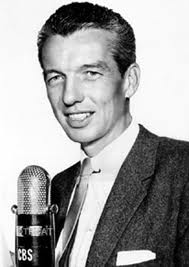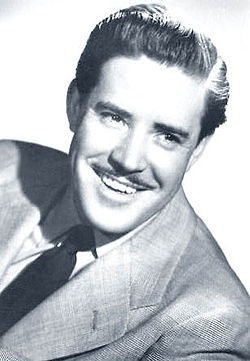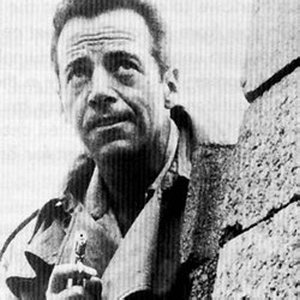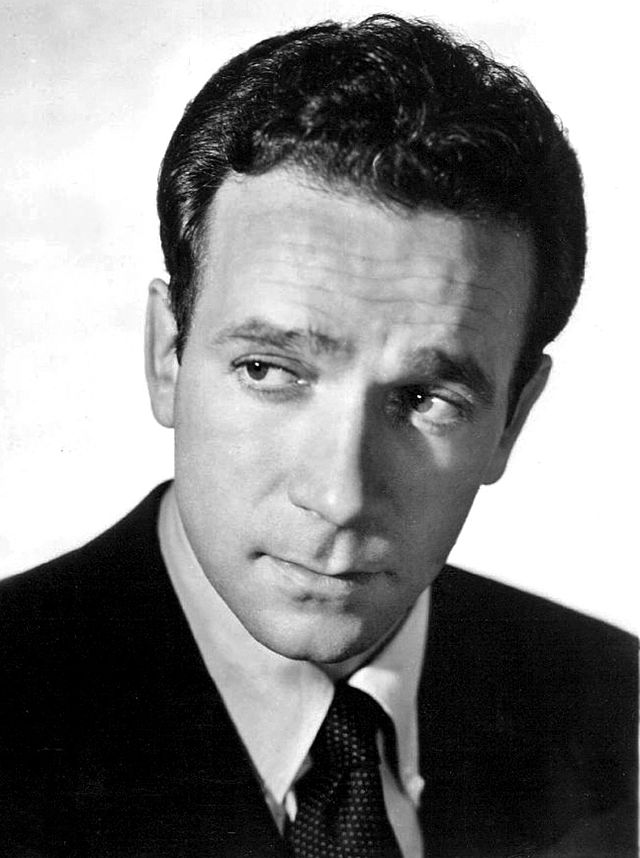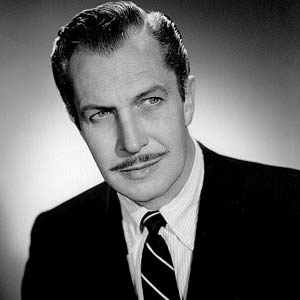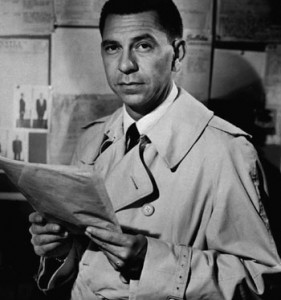In the Big Finish Doctor Who audio drama The Condemned, the Sixth Doctor (Colin Baker) picks up a distress signal and rescues Charlotte “Charley” Pollard (India Fisher), not knowing that she was a companion of a future Doctor.
Wary of creating a paradox and uncertain what to do, Charley feigns amnesia, but the Doctor is immediately suspicious. However, the question of who Charley really is is put aside when the Doctor lands the TARDIS in an apartment in Manchester where a murder just been committed. And when Detective Inspector DI Menzies (Anna Hope) finds him in the murder room which no one else could have entered, he’s arrested while Charley is kidnapped and locked in the apartment of one of the building’s tenants.
The story features the Doctor playing detective as he ends up teaming up with Menzies to solve this locked room mystery. Of course, calling this an “old fashioned” would be a bit of a misnomer as this story also involves aliens. It’s a Sci Fi mystery that reminded me a lot of Men in Black. The ending has a mix of tragedy, and a bit of light horror that feels almost Noirish in a sci fi sort of way.
The guest characters are well-written and the casting is superb. Hope’s performance as DI Menzies is top notch. The character is tough and realistic with a rye sense of humor. Everyone else is pitch perfect including Will Ash as the tragic Sam and Sara De Freitas who plays Charley’s surprisingly mellow captor.
As for the leads, Colin Baker turns in a great performance as the Doctor. I was generally surprised as I’d heard very bad things about Baker’s doctor as an arrogant and annoying guy in a garish costume. However, Condemned portrays a Doctor who has mellowed much since the time of the TV series. He’s superb in the role of the sleuth, also kind, particularly towards Charley who he lets travel with him despite distrusting her.
India Fisher is solid as Charley, a character who loved the Eighth Doctor and finds herself really disoriented with this prior doctor and having to keep this secret or risk severe consequences to time itself as well as being barred from future travels. One of the oddities of The Condemned is that this new Doctor/Companion pair spends so little time together in their first adventure. In this story, it works because Charley really needs time to process this new situation. The scenes between Charley and the Doctor in the TARDIS particularly at the start of the story are strong and would set the tone for the rest of this duo’s run.
In one classic bit of dialogue, Charley explains her surprise at seeing the Sixth Doctor in his TARDIS by saying she was expecting someone. The Doctor replies, “I hadn’t realised dimensionally transcendental time machines disguised as police boxes were so common!”
The story also represents a good entry point for those who want to listen to Doctor Who Audio. The first Big Finish Doctor Who Audio Drama I listened to over BBC Radio 4 Extra related so much to things that had happened in TV episodes I hadn’t seen that I felt lost. In comparison, this makes a solid jumping on point even if you’re not a fan of Baker’s run as the Doctor or even the Classic Series. To understand this episode, all you need to know is that: 1) The Doctor travels in time and space in the TARDIS and 2) That Charley previously traveled with a future version of the Doctor. The same can be said of the entire run of seven Big Finish stories featuring this pairing. It is very self-contained.
Overall, The Condemned works as a fun Sci Fi mystery with solid acting and a superb story. It’s a great jumping on point for anyone who’s curious about Doctor Who audios but doesn’t want to figure out 50 years of continuity.
Rating: 4.75 out of 5.0
The Condemned is available from BookDepository.com
If you enjoyed this post, you can have new posts about Detective stories and the golden age of radio and television delivered automatically to your Kindle.
This post contains affiliate links, which means that items purchased from these links may result in a commission being paid to the author of this post at no extra cost to the purchaser

